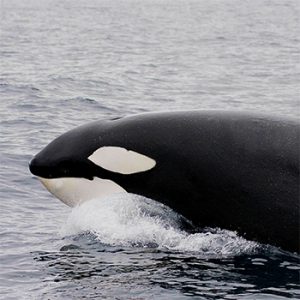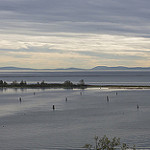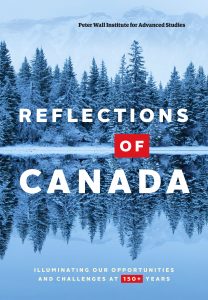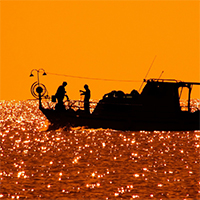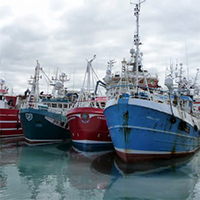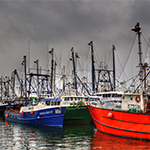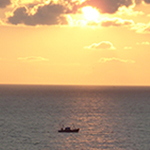Climate change fuels accumulation of pollutants in Chinook salmon, killer whales
Southern resident killer whales that exist along the Pacific Northeast Coast eat Chinook salmon, and these two predators are impacted by increased pollutant bioaccumulation driven by climate change
Nathan Bennett wins 2018 Early Career Conservationist award
Bennett is a postdoctoral fellow with the OceanCanada partnership and won this award for advancing the role of social science on conservation policy
Rashid Sumaila receives Volvo Environment Prize
He was presented with this prestigious award at a ceremony in Stockholm, Sweden on November 29, 2017.
Better policies could net more fish for Indigenous and coastal communities
Indigenous and coastal communities in Canada are increasingly finding that the ocean and marine resources are off limits.
UBC professor wins Volvo Environment Prize
The 2017 Volvo Environment Prize has been awarded to Dr. Rashid Sumaila, professor in UBC’s Institute for the Oceans and Fisheries for his innovative work in fisheries economics and sustainable governance of ocean resources.
For Canada’s 150th anniversary, fisheries scientists want concrete action
In an essay in the new book, REFLECTIONS OF CANADA, fisheries scientists Daniel Pauly, Rashid Sumaila and William Cheung mark a roadmap of what can be done to rebuild Canada’s fish stocks.
Subsidies promote overfishing and hurt small-scale fishers worldwide
Large-scale fisheries receive about four times more subsidies than their small-scale counterparts, with up to 60 per cent of those subsidies promoting overfishing.
Global seafood trade flows and developing economies
Seafood exceeds the trade value of sugar, maize, coffee, rice and cocoa combined. But where is this seafood going and who is most benefiting?
Future fisheries can expect $10-billion revenue loss due to climate change
Global fisheries stand to lose approximately $10 billion of their annual revenue by 2050 if climate change continues unchecked
High seas fisheries management could recoup losses due to climate change
Strengthening governance and closing the high seas to fishing increased the resilience of coastal countries to climate change, especially in tropical countries where there is a high dependence on fisheries for food and livelihood.
